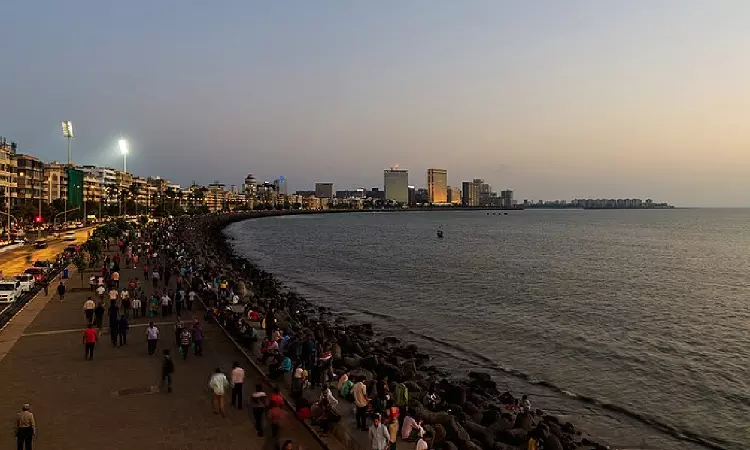A Public Interest Litigation (PIL) has been filed in the Bombay High Court seeking 'Carrying Capacity Survey' for the city of Mumbai to address the address conflict between urban development and environmental sustainability.'Carrying Capacity' of an area is the population carrying capacity of the area. The petition refers to a IIT Guwahati Working Paper, which defines carrying capacity as...

